Tummy Tuck Diet: What to Eat Before & After the Surgery?
Body Plastic Surgery
A Tummy Tuck, also called abdominoplasty, removes stubborn fat and excess skin from the abdomen and tightens interior muscles. Tummy tuck surgery can yield a flat stomach to people who find it almost impossible to lose fat through diet and exercise.
However, many overlook the importance of maintaining a healthy diet before and after a tummy tuck. By following a carefully planned diet after the surgery, patients can maximize their chances of a successful outcome and expedite recovery. This essay explores the essential elements of a well-balanced tummy tuck diet plan, including what to eat before and after the surgery.
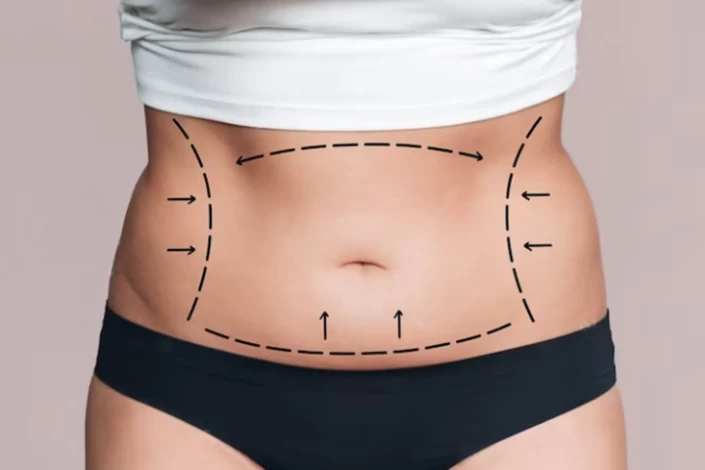
Is it Necessary to Follow a Diet After Tummy Tuck?
A Tummy Tuck can help anyone seeking to improve their body confidence. Some other advantages of abdominoplasty can include skin health, improvement in back pain, and core strengthening. Cosmetic surgery can also reduce the risk for other health conditions, like diabetes and heart disease.
Focusing on a tummy tuck diet rich in nutrients and avoiding foods that can hinder the healing process can help patients have the smoothest recovery and maximize the optimal results of their abdominoplasty. Read on to learn about the pre and post-tummy tuck diet.
What to Eat Before a Tummy Tuck?
It's now the perfect opportunity to increase your consumption of fruits and vegetables. Before your scheduled abdominoplasty, your plastic surgeon will guide you on how to prepare your body well. This stage necessitates adjustments to your eating habits. It would be best to incorporate a balanced assortment of fruits, vegetables, dairy products, whole grains, protein, low-fat options, and lean meats. When snacking, prioritize foods rich in Vitamin A, Vitamin C, Selenium, Manganese, and Omega-3 fatty acids.
Here are some recommendations on the tummy Tuck Diet:
- Eat high-protein, low-fat meals such as chicken, turkey, fish, eggs, tofu, beans, and legumes, as they can build and repair any damaged tissue from surgery while helping in producing new blood cells and collagen;
- Consume fruits and vegetables high in vitamin C like spinach, kale, Bok choy, and collard greens;
- Select foods rich in omega-3 fatty acids;
- Eat whole grains like brown rice, oatmeal, quinoa, and whole wheat bread, which help the body reproduce new cells;
- Healthy fats like avocados, nuts, seeds, and olive oil can reduce inflammation and promote wound healing.
- Maintain hydration by drinking enough fluids, especially those high in electrolytes;
- Avoid caffeinated and sugary beverages, as they can contribute to inflammation and fluid retention;
- Avoid processed foods, as they can delay healing and increase the risk of infection;
- Avoid foods high in sugar, refined carbohydrates, and unhealthy fats that can cause swelling and weight gain.
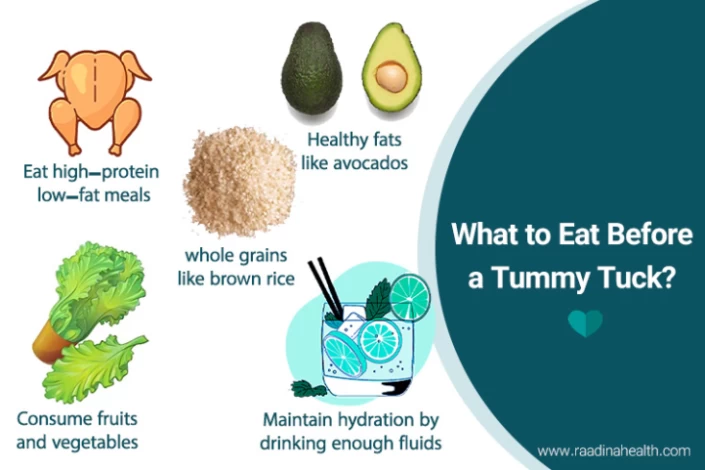
What to Eat After a Tummy Tuck Surgery?
Patients should eat a balanced and nutritious diet to support their healing process and promote recovery after an abdominoplasty. There are no specific dietary limits after a tummy tuck surgery; however, it is recommended that patients eat lightly for a few days. They should begin with clear liquids, such as broth and water, and then slowly consume soft foods, including fresh fruit and raw vegetables, soft cheese, and soup.
Patients should also practice healthy eating habits, as the remaining fat cells can still grow large. The durability of tummy tuck results depends on the patient's healthy diet and exercise habits.
Foods to eat after a Tummy Tuck surgery
To support their recovery, patients should eat a healthy, high-protein diet after a tummy tuck. Some foods they can include in their tummy tuck diet plan can consist of:
- Vegetables, particularly dark green vegetables like artichokes that are rich in fiber;
- Nuts and seeds such as almonds, sunflower seeds, and pistachios can help increase the daily fiber intake;
- Whole Grains found in cereals or rice can help digestion;
- White meat such as chicken and turkey that contain lean protein and very little fat;
- Beans/Legumes that are high in protein and fiber;
- Seafood like Tuna and salmon are excellent sources of protein;
- Dairy products such as cheese, low-fat milk, and Greek yogurt are high in protein and have calcium and Vitamin D;
- Eggs.
Completing the initial recovery period after a tummy tuck surgery is crucial to maintain optimal results. To aid with muscle, tissue, and skin repair, it's recommended that patients consume foods high in protein.
Constipation is a common side effect of tummy tucks. Therefore, patients should incorporate fiber-rich foods into their diet. They should also stay hydrated by drinking at least 64 ounces of water daily to prevent complications and promote post-surgical recovery. To speed up tummy tuck recovery, fight infections, encourage new cell production, and reduce inflammation, it's important to maintain a balanced vitamin intake. Foods such as eggs, dairy, leafy greens, citrus fruits, tomatoes, avocados, grains, nuts, and seeds contain essential vitamins like Vitamin A, Vitamin C, Zinc, Bromelain, and Arnica.
Fruit to eat after a Tummy Tuck surgery
After a tummy tuck surgery, a healthy, balanced diet is important for healing. Fruits that are known to be beneficial for the digestive system and can provide essential vitamins, minerals, and antioxidants include:
- Pineapples contain enzymes (bromelain) and so can help in digestion and reducing swelling;
- Berries, including Blueberries, strawberries, raspberries, and blackberries, are packed with antioxidants and can promote healing and boost the immune system;
- Watermelon helps maintain hydration levels with its high water content while providing essential vitamins and minerals;
- Bananas are easy to digest and are also rich in potassium, which can help prevent muscle cramps or spasms;
- Kiwi is known for its high vitamin C content that can aid in collagen formation as well as support the healing of incisions;
- Avocados contain healthy fats and fiber that can promote good digestion as well as help reduce inflammation;
- Apples are full of vitamins and fiber that can aid in maintaining bowel regularity and prevent constipation, a common side effect after abdominoplasty;
- Peaches are high in vitamins A and C, which can help tissue repair and improve immune function.
- Mango is a good source of vitamin C that can boost the immune system and support wound healing.
Foods to Avoid Before & After Tummy Tuck Surgery
Before and after tummy tuck surgery, it is important to avoid alcohol, caffeine, smoking, and artificial sweeteners. Patients should also reduce carbohydrates and processed food from their daily diet since they can cause inflammation and swelling.
They should also avoid fatty foods like potato chips, ice cream, and pizza, as they can cause unwanted fat to return. Salty foods such as French fries, instant noodles, and fast foods can cause bloating and are not recommended.
What to Eat After Tummy Tuck to Reduce Swelling?
It's common to experience swelling after tummy tuck surgery, which can be uncomfortable. It's recommended that patients eat foods that have anti-inflammatory properties, such as pineapples, leafy greens, berries, and salmon, to help reduce swelling. Drinking plenty of water is also important to flush out excess fluids. It's best to avoid processed foods, sugary drinks, and foods high in sodium, as they can increase inflammation and swelling. Additionally, caffeine and alcohol after a tummy tuck should be avoided as they can cause dehydration and make swelling worse.
Is a Tummy Tuck Worth It?
Abdominoplasty can help reshape the abdomen. In addition, this cosmetic procedure can repair muscles and address related health conditions like back pain and poor posture. Therefore, many patients consider a tummy tuck a worthwhile cosmetic surgery.
For more information, schedule an online consultation with our team at Raadina Health. Our cosmetic experts are ready to answer all your Tummy Tuck questions.
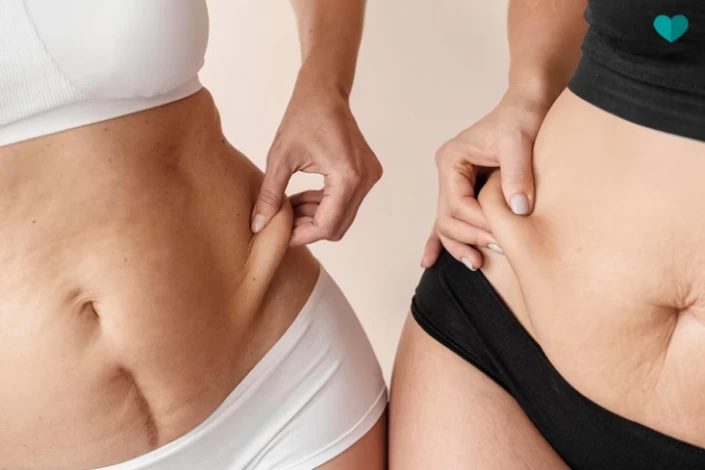
What to Eat to Lose Weight After Tummy Tuck?
A balanced diet supports weight loss after a tummy tuck surgery by providing essential nutrients for healing, maintaining a healthy weight, and promoting overall well-being. Consuming nutrient-dense foods such as fruits, vegetables, whole grains, lean proteins, and healthy fats, controlling caloric intake, prioritizing protein for tissue repair, staying hydrated, and balancing macronutrients are essential components of a balanced diet that can aid in weight management post tummy tuck surgery.
Why Iran for Tummy Tuck?
Iran is one of the safest medical tourism countries in the world. Ensuring positive optimal results from abdominoplasty begins by choosing the right surgeon. With the highest rate of successful cosmetic procedures in Iran, Iranian board-certified surgeons are very experienced and well aware of tummy tuck risks, advantages, and outcomes.
In addition, the cost of Tummy Tuck in Iran is much lower than in other countries, ranging from 2000$ to 3000$. The reason for this cost-effective price is the low value of the Iranian currency in comparison with the US dollar and euro-western countries.
Conclusion
Completing the initial recovery time is essential for maintaining positive results from Tummy Tuck surgery. Patients undergoing abdominoplasty must consume as much protein as possible to repair their muscles, tissue, and skin. Taking high-fiber foods can also prevent constipation, a common side effect seen with Tummy Tucks.
In addition, patients should keep themselves hydrated by drinking plenty of fluids. Dehydration increases the risks of complications and ultimately derails post-surgical recovery. Vitamin intake can also hasten recovery, encourage the production of new cells, and lower inflammation in the affected area.
FAQs about the Tummy Tuck Diet
1) What should I eat immediately after tummy tuck surgery?
Depending on your surgeon's recommendations, you may be on a liquid or soft food diet in the first few days after the tummy tuck surgery. As you progress in your recovery, you can slowly reintroduce solid foods into your diet. However, it is important to avoid foods that can cause constipation, such as processed foods, dairy products, and red meat. You should also avoid foods that can increase inflammation, such as sugar, alcohol, and fried foods.
2) Should I take supplements before or after tummy tuck surgery?
You should discuss any supplements or medications you take with your surgeon before the surgery. Some supplements may interfere with the anesthesia or increase the risk of bleeding. After surgery, your surgeon may recommend certain supplements to promote healing and reduce inflammation.
3) How soon can I eat after tummy tuck surgery?
Your surgeon will provide specific instructions on when and what to eat after a tummy tuck. It is common to start with clear liquids and gradually progress to solid foods as tolerated. It is important to follow your surgeon's instructions to avoid complications.
4) Can I drink alcohol before or after tummy tuck surgery?
Alcohol can interfere with the anesthesia and increase the risk of bleeding. It is recommended that patients avoid alcohol for at least 24 hours before surgery and for several weeks after surgery.
 WhatsApp
WhatsApp
 Telegram
Telegram
 Facebook
Facebook
 Email
Email

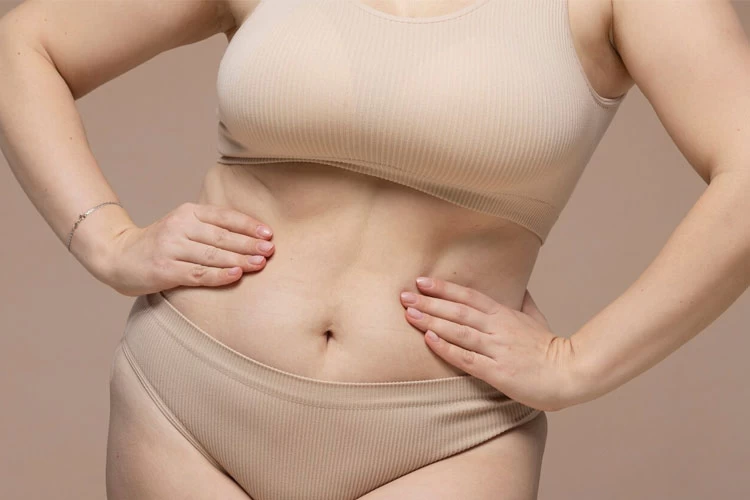
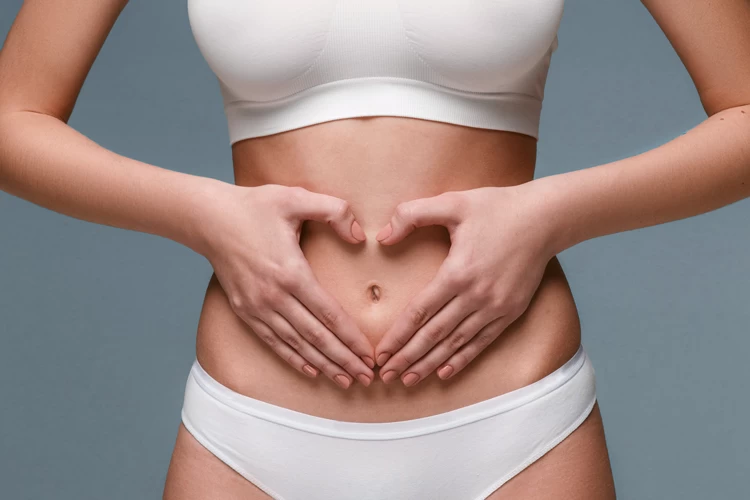


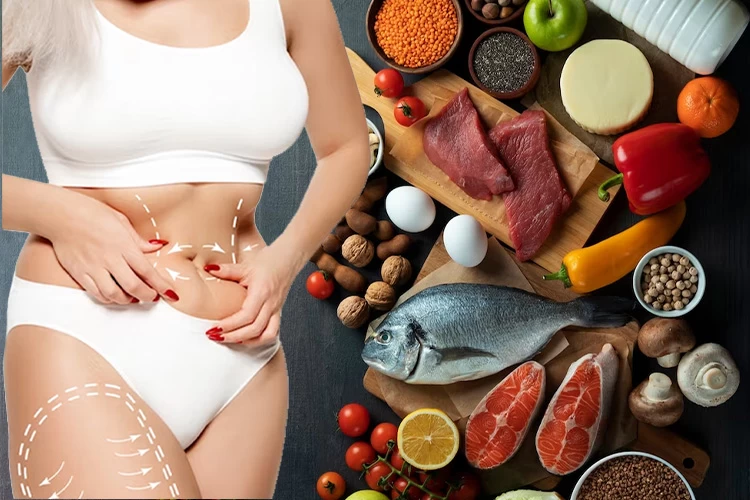
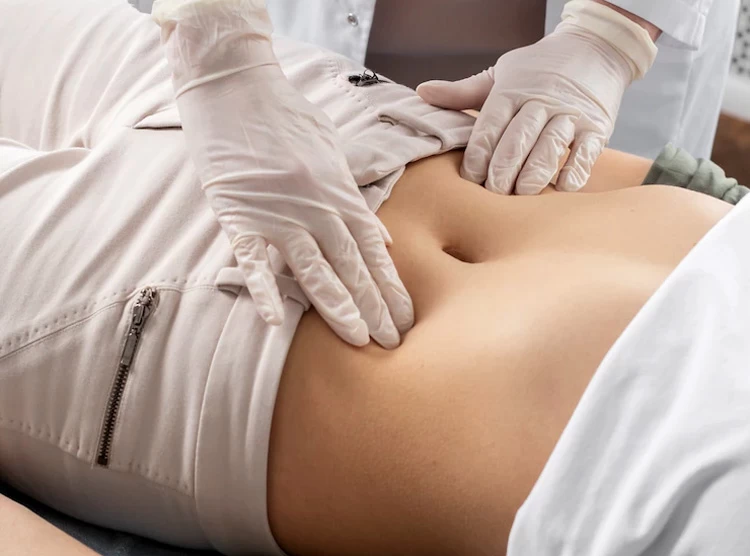
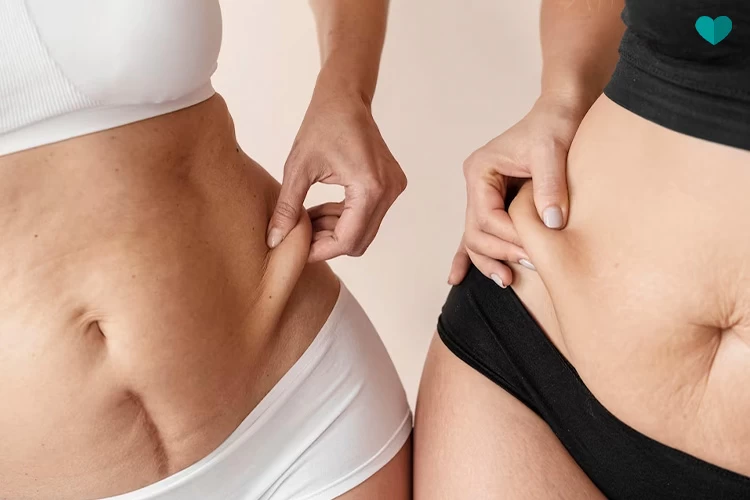
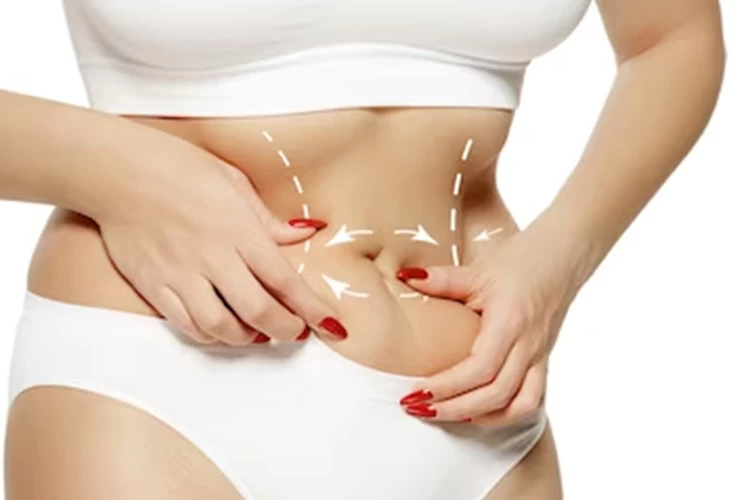

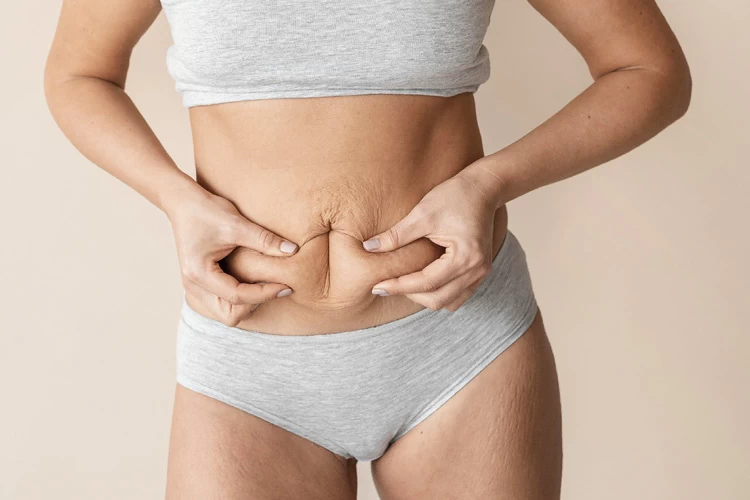
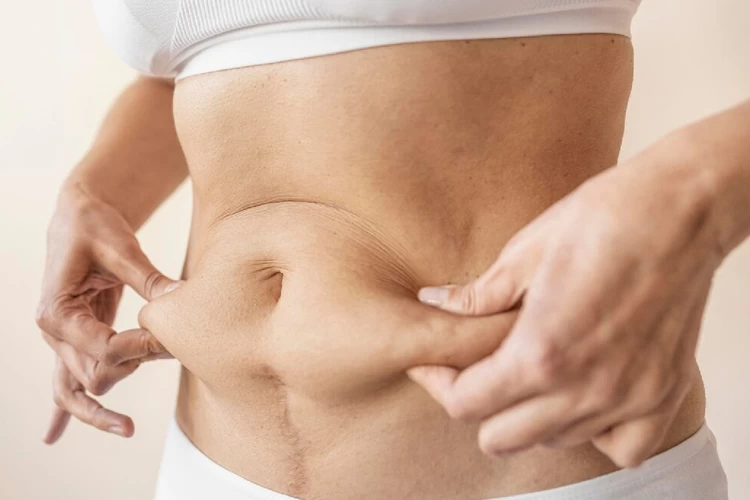

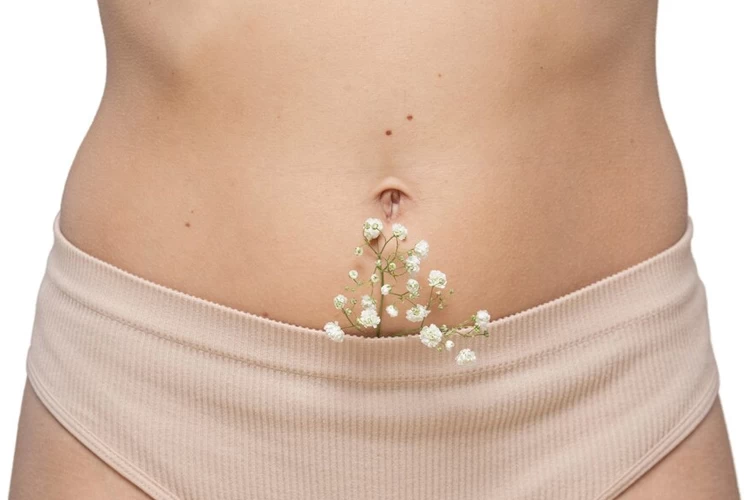


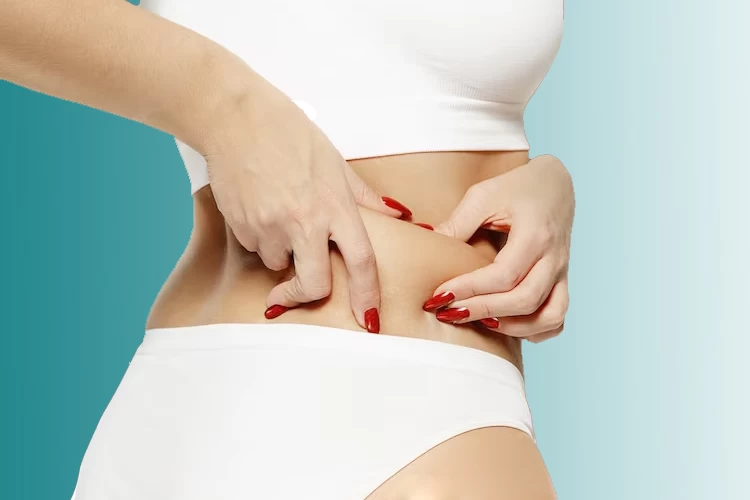
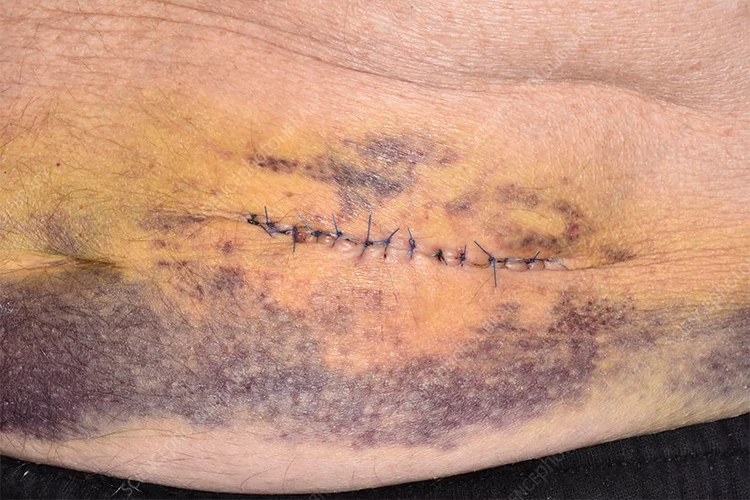

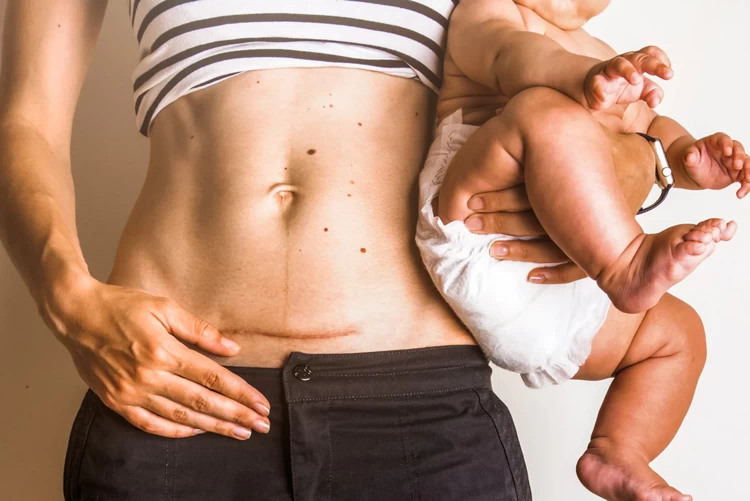
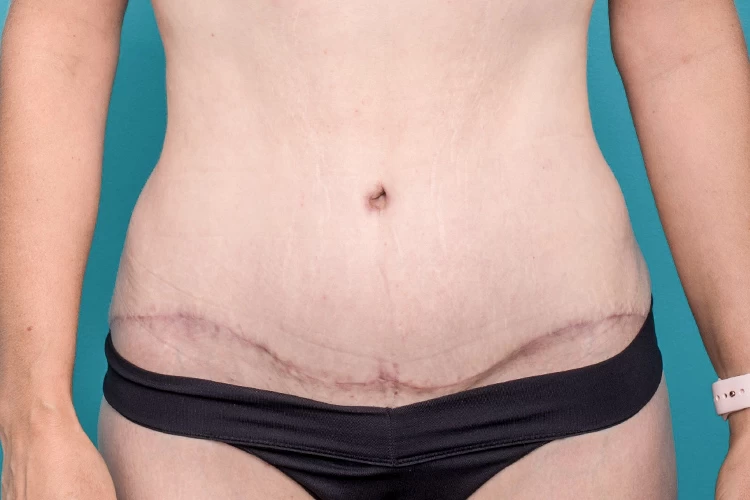
User
-Opened up what to do